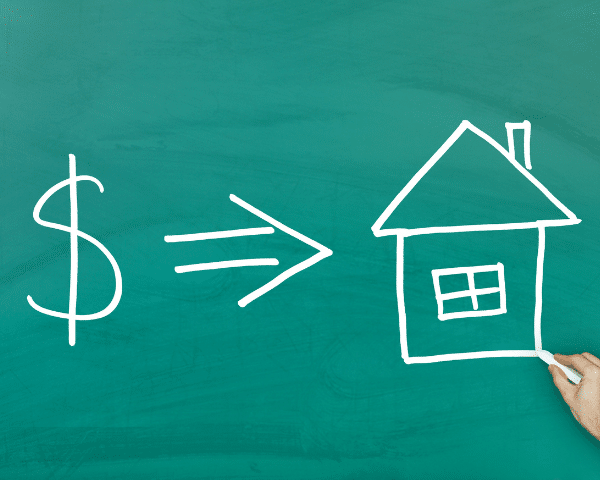
Ah, real estate… you and your confusing terminologies again. But don’t fret – we’re always here to help and in a few, we are dropping some new real estate knowledge for you.
It is essential to understand the difference between market value, appraised value, and assessed value in real estate. They serve different purposes in various situations.
MARKET VALUE
This is the amount of money that would be paid for a property offered on the open market for a reasonable period of time with both buyer and seller knowing all the uses to which the property could be put and with neither party being under pressure to buy or sell. This value is sensitive to local price fluctuations.
Let’s put it this way: What would a potential buyer be willing to pay for a home and/or what would the seller be willing to accept if it were sold today?
Pricing a property is not just some guesswork or an easy googling or consulting Zillow. It takes real estate experience and expertise to price the house right. Some factors that affect the market value are as follows:
- Overall condition of the home
- Curb appeal
- Property size
- Amenities
- Value of homes in the area
- Current market demand
APPRAISED VALUE
This is an estimate of the value of property resulting from an analysis of facts about the property for the purpose of home buying or refinancing. This amount is an opinion of value by a licensed third-party appraiser. You’ll usually encounter this when buying a home during the pre-approval process. Some factors an appraiser will consider are the neighborhood, lot and home size, condition of the property, recently sold homes, amenities, and home upgrades, among others.
If you’re the seller and if it happens that a home is valued lower than the agreed purchase price, one has the option to contest the appraisal, although not always a guarantee. But having a local real estate agent can be the difference. The seller’s agent can supply the appraiser with recent home sales that they feel are great “comparable” properties.
ASSESSED VALUE
This is a valuation placed upon a piece of property by a local tax office as a basis for levying taxes on the property. Also known as tax value, this amount is resistant to market fluctuations, evaluated annually and the information becomes a public record.
An assessor will use software and take the home’s current value. They will then deduct any tax exemptions you qualify for, multiply by an assessment rate (The base tax rate in San Diego is 1.025%) then calculate the property taxes based on the assessed value. In this scenario, you’ll want the value to be lower because the higher the assessed value, the higher the property taxes.
To illustrate, say your home is valued at $350,000 the last time it was sold, get 1% of that and that’s the amount you pay annually – that’s $3500/yr or $291/mo. You can reach out to your municipality on the matter or you can read more on how to calculate taxes in California here.
We hoped this helps if you someday stumble upon this real estate jargon in the future. If you have further questions or if you are seeking an experienced agent to support you in your purchase or sale, feel free to reach out to the team at Broadpoint Properties.
Source: California Association of Realtors®



